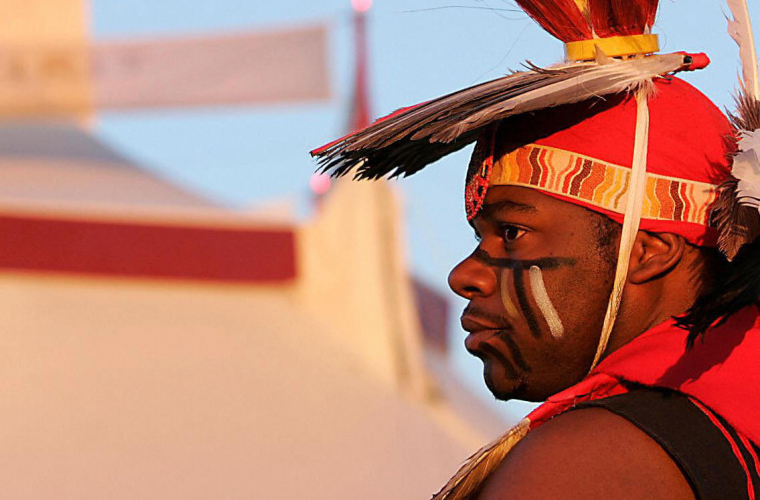The Cherokee Freedmen and Their Struggle for Recognition
The history of the Cherokee Freedmen is a complex and contentious one, marked by centuries of struggle for recognition and rights within the Cherokee nation. Descendants of African American slaves once held by the Cherokee, the Freedmen have faced a long and arduous battle for acknowledgment as rightful members of the tribe. The roots of this conflict can be traced back to the 18th and 19th centuries, when the Cherokee, like many other Native American tribes, engaged in the practice of slavery. By 1860, the Cherokee nation had 4,600 enslaved blacks under their dominion, primarily owned by a minority of elite members. The institution of slavery was encouraged by white leaders as a means to facilitate large-scale agricultural production and assimilation into the white way of life.
The plight of the Freedmen took a significant turn during the forced removal of the Cherokee in the 1830s, known as the Trail of Tears. Approximately 2,000 slaves were compelled to march westward with their masters, enduring immense hardship and suffering. Despite these adversities, the Cherokee nation prospered in their new settlement in what is now Oklahoma, largely due to the labor of enslaved individuals.
The end of the Civil War brought about the emancipation of the Freedmen, and in 1866, the Cherokee agreed with the federal government to grant full tribal citizenship to all freed slaves and their descendants. This agreement led to the recognition of the Freedmen as integral members of the Cherokee nation, and they became known as the Freedmen.

However, the rights of the Freedmen were soon challenged. The Cherokee government resisted the division of their assets and sought to exclude the Freedmen from land and financial allocations. The situation escalated in 1983 when Chief Ross O. Swimmer issued an executive order requiring all citizens to possess a “Certificate of Degree of Indian Blood” to vote. This action effectively disenfranchised 25,000 Freedman descendants, leading to a protracted legal battle that continues to this day. The desire of the Freedmen to be recognized as part of the Cherokee nation is rooted in a deep connection to their history and culture. They lived as citizens of the Cherokee nation for over a century before their rights were revoked, and some even served in the tribal government. Excluding them from tribal citizenship not only denies them their cultural heritage but also deprives them of essential benefits and rights afforded to native populations by the federal government.
The legal wrangling between the Cherokee government and the Freedmen has been protracted and contentious. In 2006, the Cherokee Supreme Court ruled in favor of restoring the native citizenship of the Freedmen, deeming the government’s actions unconstitutional. However, this decision was met with resistance, leading to a series of legal maneuvers, including a special election to repeal the ruling and subsequent stripping of citizenship from Freedman descendants.
The involvement of external entities further complicated the situation, with the U.S. Department of Housing and Urban Development freezing funds in an attempt to compel the Cherokee government to grant voting rights to the Freedmen. While this pressure led to concessions regarding voting rights, the issue of full citizenship remained unresolved. As both sides prepare for upcoming court proceedings, the fate of the Cherokee Freedmen hangs in the balance. A federal court will once again be tasked with untangling this complex and deeply entrenched dispute, with hopes for a definitive resolution.
The struggle of the Cherokee Freedmen for recognition within their tribe is a poignant reminder of the enduring legacy of slavery and its far-reaching implications. It underscores the ongoing quest for justice, equality, and inclusion within Indigenous communities—a quest that remains as relevant today as ever. As the legal battle unfolds, it serves as a testament to the resilience and determination of the Freedmen in their pursuit of rightful recognition and belonging within the Cherokee nation.

